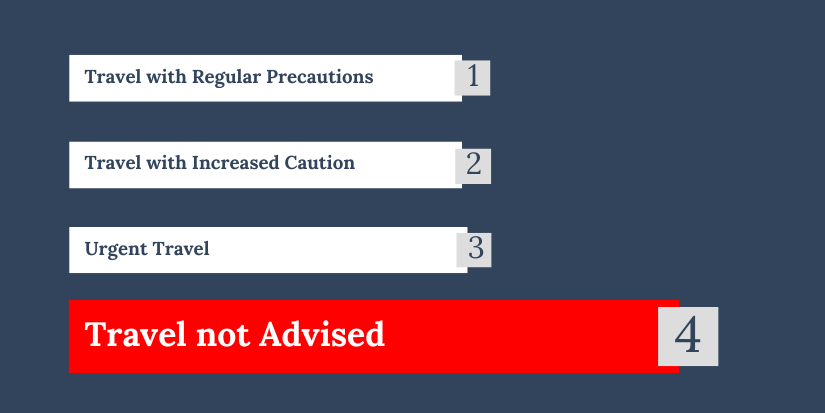
VISA REGIME
For holders of national passports and other travel documents: Visa required
For holders of diplomatic and official passports: Visa is not required for stays of up to 90 days
ENTERING AND LEAVING THE COUNTRY
Holders of diplomatic and official passports do not need a visa to stay for up to 90 days. Holders of ordinary passports need a visa for the Republic of Lebanon, which can be obtained at border crossings, without special conditions for a period of stay of 30 days. The validity period of the passport for tourist travel must be at least 3 months from the time of entry into the country.
SOCIAL SECURITY AGREEMENT
No social security agreement has been concluded.
USEFUL INFORMATION
HEALTH SITUATION – In addition to state hospitals, there are a large number of private practices and clinics. The prices of health services are significantly more expensive than in our country, we advise having international health insurance. However, due to the economic crisis, there is a shortage of medicines, medical supplies and treatment aids on the market, so take the therapy you use with you. It is obligatory to consume bottled drinking water, while there are no special restrictions when it comes to food, except that it is necessary to wash fruits and vegetables well with bottled water. Consume heat-treated food, because due to frequent and long power outages, there is an increasing number of cases of food poisoning.
SECURITY SITUATION - Due to the deteriorated security situation, citizens of the Republic of Serbia are not recommended to travel in the coming period to Lebanon.
Given the deterioration of the current security situation in the Lebanese Republic, it is recommended that citizens of the Republic of Serbia do not travel to this country. Citizens who are currently on the territory of the Lebanese Republic are advised to follow the news about the latest developments, especially those related to the security situation in the country. They should avoid demonstrations, protests, and other mass gatherings, and, if possible, leave the territory of this state. Additionally, we recommend that they contact the Embassy of the Republic of Serbia in Beirut http://www.beirut.mfa.gov.rs/cir/ and provide their information (location, contact numbers, family members, etc.), so that the Embassy can contact them in case of further deterioration of the security situation.
TRANSPORT - The only international airport in the Republic of Lebanon is Rafik Hariri Airport in Beirut, to which all major world airlines have flights, in addition to the national airline MEA. Besides Beirut, the largest Lebanese ports are Tripoli in the north and Said in the south. The passenger railway network in the region is not developed, transport between cities is mostly done by buses.The main means of public transport are minibuses and taxis.There are no marked stations, but if you raise your hand, the driver of the mini-bus will stop and the driver should be told where You want to get out Taxi drivers generally do not use taximeters, so it is necessary to agree on a price before starting to drive The road network in the region is quite extensive and the roads are generally good, although there are very few highways. it should be borne in mind that the main rule in driving is that there are no rules, and therefore special care should be taken.Driving a vehicle requires an international driver's license. We believe that diesel vehicles are not allowed to enter Lebanon.
TELECOMMUNICATIONS - due to irregular power supply, the problem of internet operation is becoming more frequent, which was slow even before the economic crisis. We recommend purchasing a local SIM card to talk and use the internet.
OTHER - The national currency is the Lebanese lira (LBP). The official exchange rate for the national currency 1 Lebanese lira (LBP) is: 1 USD -1507 LBP, 1 EUR 1812, but due to inflation and daily exchange rate changes, we suggest exchanging foreign exchange at official exchange offices and paying in local currency. We do not recommend using payment cards, as you will be charged at significantly higher prices.
"Bargaining" when shopping (especially in "souks" or street shops) is part of the local culture.
The general rules of decent behaviour and dress should be respected, especially when it comes to women.
Contact information
During your stay in Lebanon for consular assistance and protection, you can contact the Embassy of the Republic of Serbia in Beirut via the following contact numbers: 00 961 92 21 256; 00 961 92 21 257 and e-mail addresses: beirut.dkp@gmail.com.
